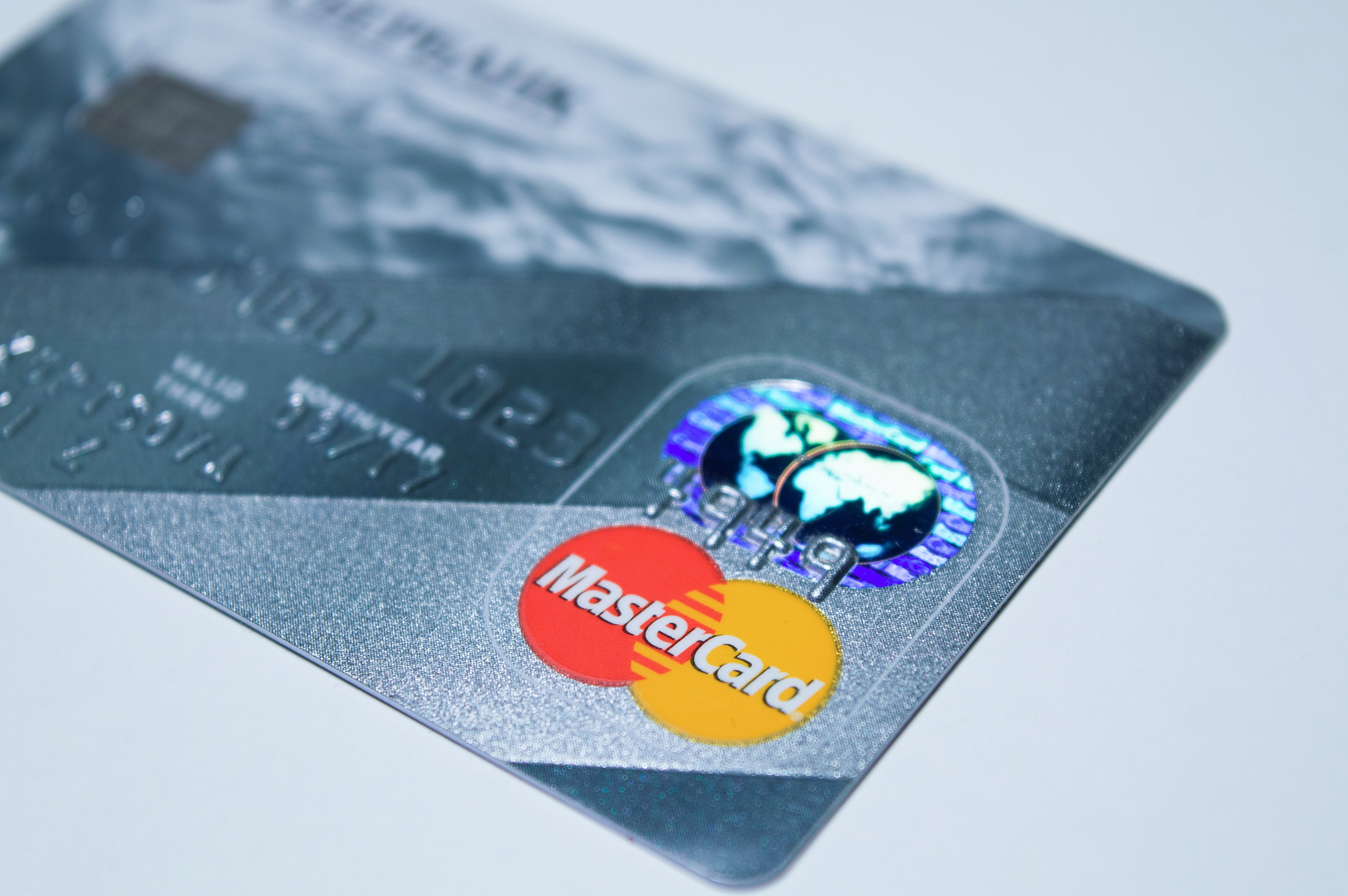Or perhaps you`ve prevented getting a credit score card due to the fact you`re cautious with your cash.

Many young drivers do not have a mortgage history, let alone a credit card. Or perhaps you`ve prevented getting a credit score card due to the fact you`re cautious with your cash. Regardless of your situation, your credit score rating is a huge part of how conventional coverage businesses decide your charge. The proper information is there and nevertheless approaches to enhance your rating and discover inexpensive automobile coverage.
Your credit score rating is more than a few among 300-850—additionally called a FICO rating—that suggests creditors you`re dependable with cash and in paying off debts. When you’ve got an excessive credit score rating, it suggests that you`re always paying on time and commonly in full, so creditors sense they could consider you with their cash. If you’ve got a low credit score rating or no credit score rating, it’s commonly due to the fact you overlooked some invoice payments, haven`t usually paid balances in full, have an excessive amount of revolving debt with a credit score card, or don’t have a line of credit score. Until you`re capable of enhancing your credit score rating, you’ll in all likelihood be presented with excessive hobby charges on loans or will be rejected absolutely while purchasing for such things as automobile insurance.
Payment history (35% of your credit score): Are you paying your bills on time? This includes credit cards, loans, mortgage payments or other credit history, not your monthly utility bill. Amount Due (30% of your score): This is less about the number of loans you have, and more about the total amount of available credit you are using. If you owe a lot of money on your loans and are using your credit card to its maximum monthly limit, lenders may consider you a high-risk borrower, lowering your credit score. Credit history length (15% of your score): Opening a credit account for a long time can help boost your credit score. FICO tracks when you opened your oldest and most recent accounts, and how long you haven’t used them. Credit composition (10% of your score): You don’t have to have everything to raise your score, but whether your credit is low or low, this category can help tell your credit story. New Credit (10% of your score): Opening too many credit accounts in a short time can negatively impact your score. This category also keeps track of how many times lenders ask (pull) your credit score. If you have too many difficult applications in a short time, such as when applying for a credit card or mortgage, your score may drop.
Even though you don’t borrow money from an auto insurance company, your credit score is often required to purchase auto insurance. Your credit affects your auto insurance score, which, along with other factors, can be used to determine your rate. Auto insurance ratings, also known as credit-based insurance ratings, help insurance companies determine how likely you are to have an accident. If you are considered higher risk, you may be offered a higher insurance rate.